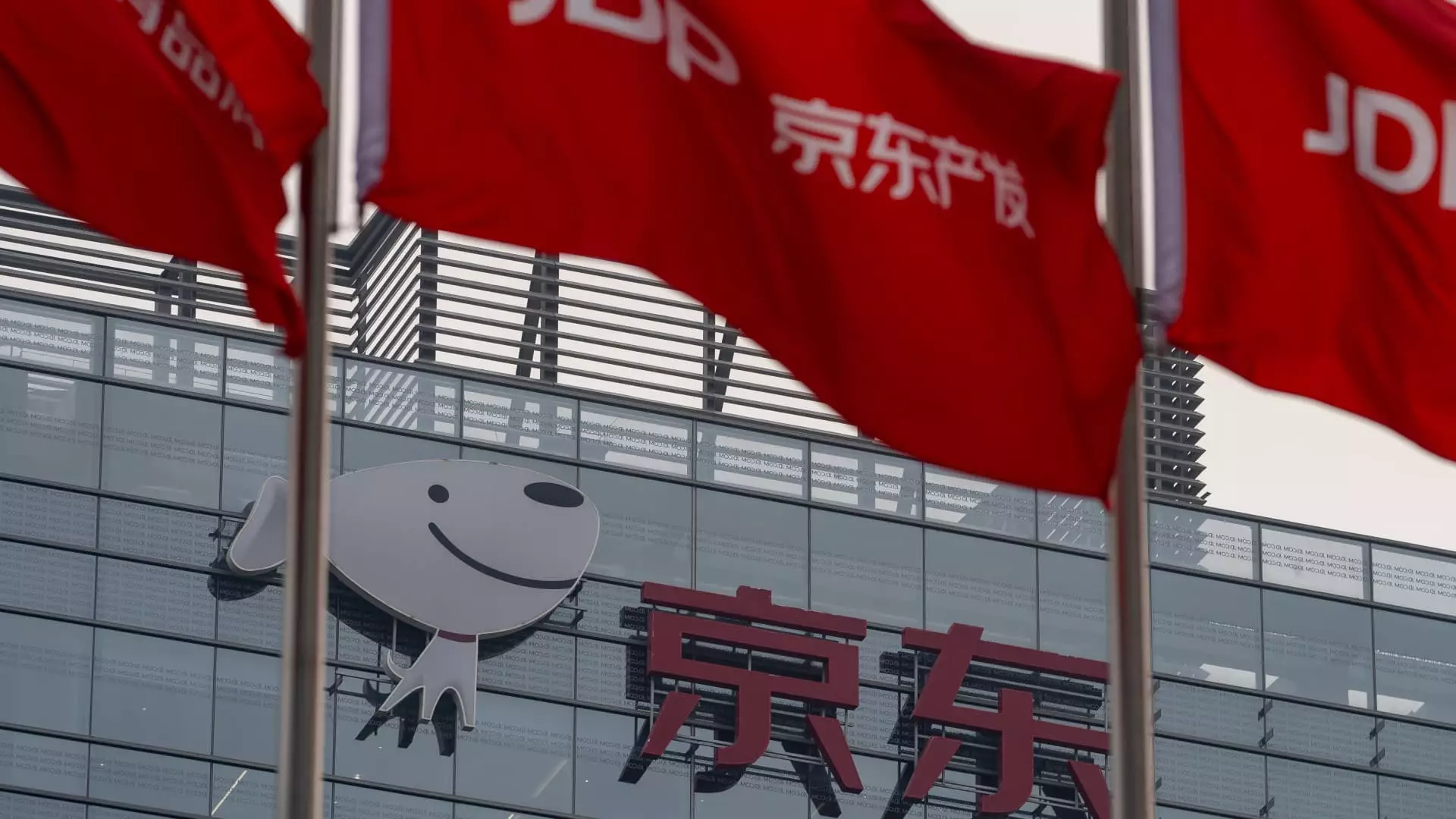JD.com, a Chinese online retailer, made headlines on Tuesday with the announcement of a $5 billion share buyback. This move resulted in a 1.2% increase in the company’s Hong Kong-listed shares and a 2.24% rise in its U.S. listed shares. The buyback comes on the heels of a previous $3 billion buyback earlier this year, reflecting a common trend in China when share prices are low.
Despite the positive reaction to JD.com’s buyback announcement, the company’s shares have still experienced a 20% decline year to date. In contrast, the Hang Seng index, Hong Kong’s benchmark index, was down about 0.82% on Wednesday but has seen a 4% increase for the year so far. The e-commerce sector in China has been facing challenges due to a slow domestic economy, with companies like Alibaba and Pinduoduo missing revenue and earnings targets in recent quarters.
Chelsey Tam, a senior equity analyst at Morningstar, commented on JD.com’s share buyback, stating that the decision was not surprising given the current market conditions. She highlighted Vipshop, another Chinese e-commerce player that recently increased its own share buyback program. The trend of companies repurchasing their own shares in response to low share prices and growth concerns has become prevalent in the Chinese market.
Investors are likely keeping a close eye on the developments in the Chinese e-commerce sector, especially with major players like JD.com, Alibaba, and Pinduoduo making strategic moves to boost shareholder value. Share buybacks can signal confidence from companies in their own stock and may have a positive impact on share prices in the short term. However, long-term success will depend on the ability of these companies to navigate challenges in the market and deliver sustainable growth.
JD.com’s $5 billion share buyback has generated interest among investors and analysts alike. The company’s proactive approach to improving shareholder value reflects broader trends in the Chinese e-commerce sector. As the market continues to evolve, it will be crucial for companies to adapt to changing conditions and demonstrate their resilience in the face of economic uncertainties.


Leave a Reply